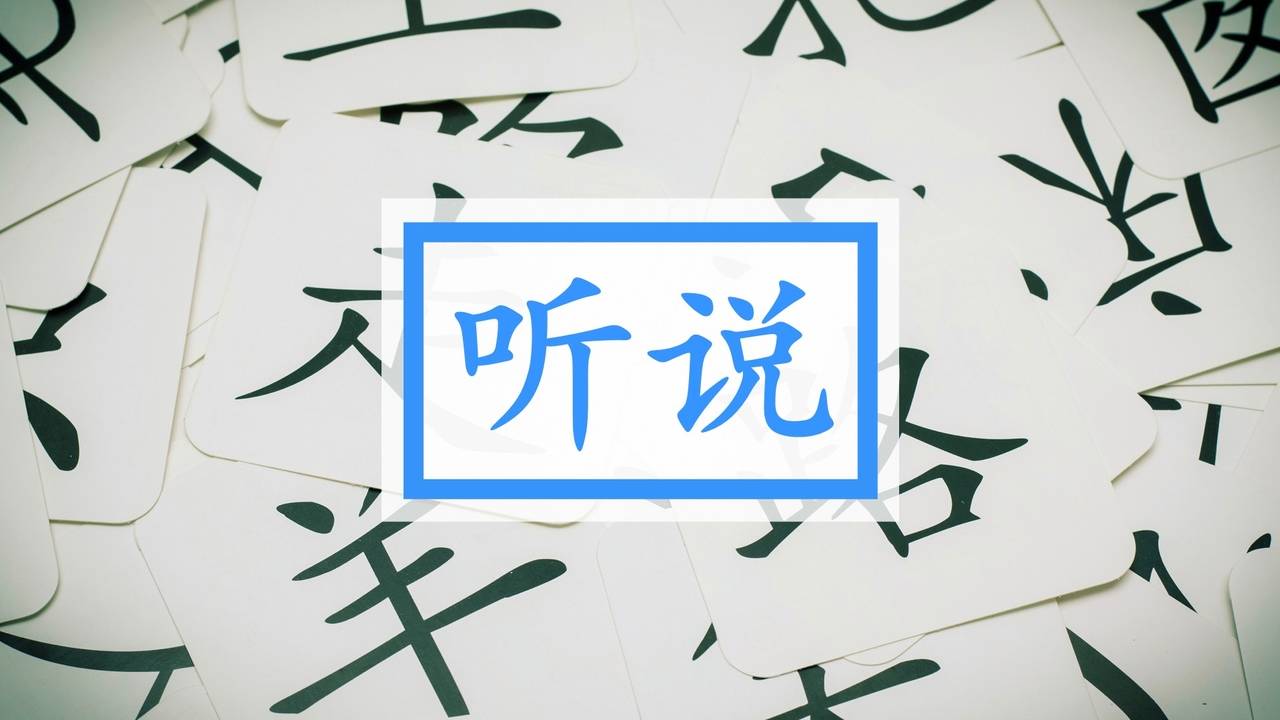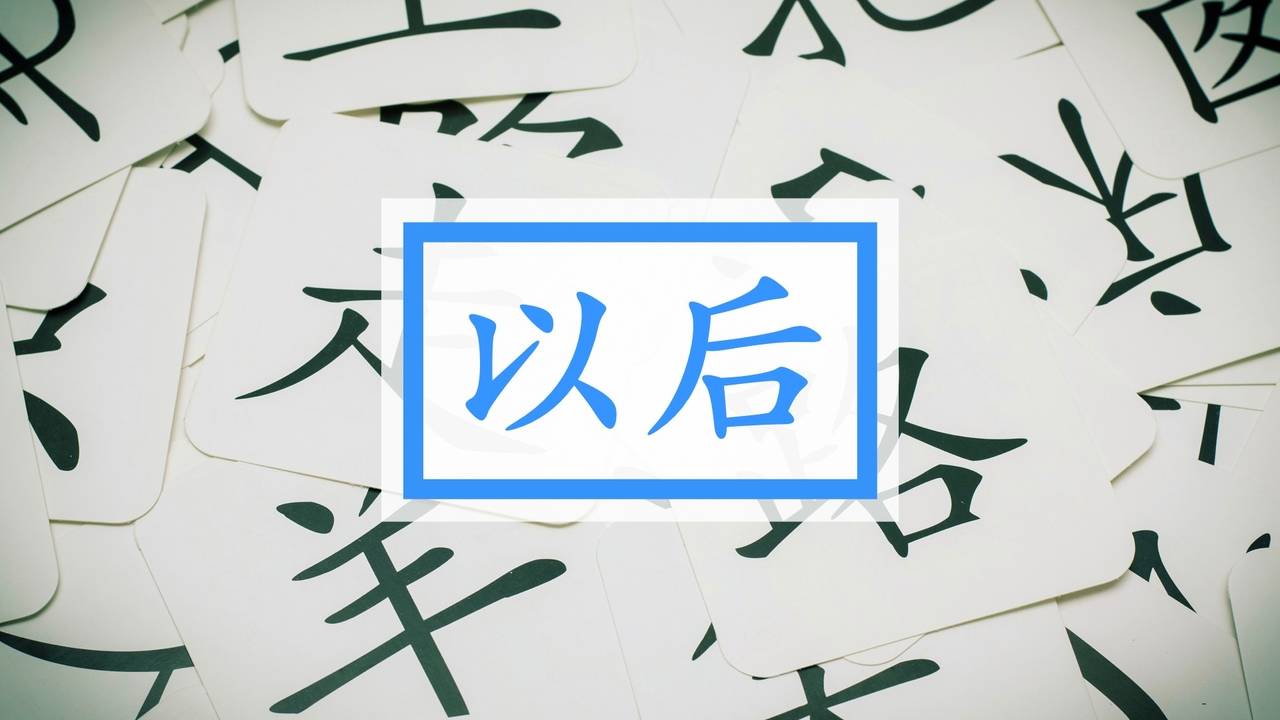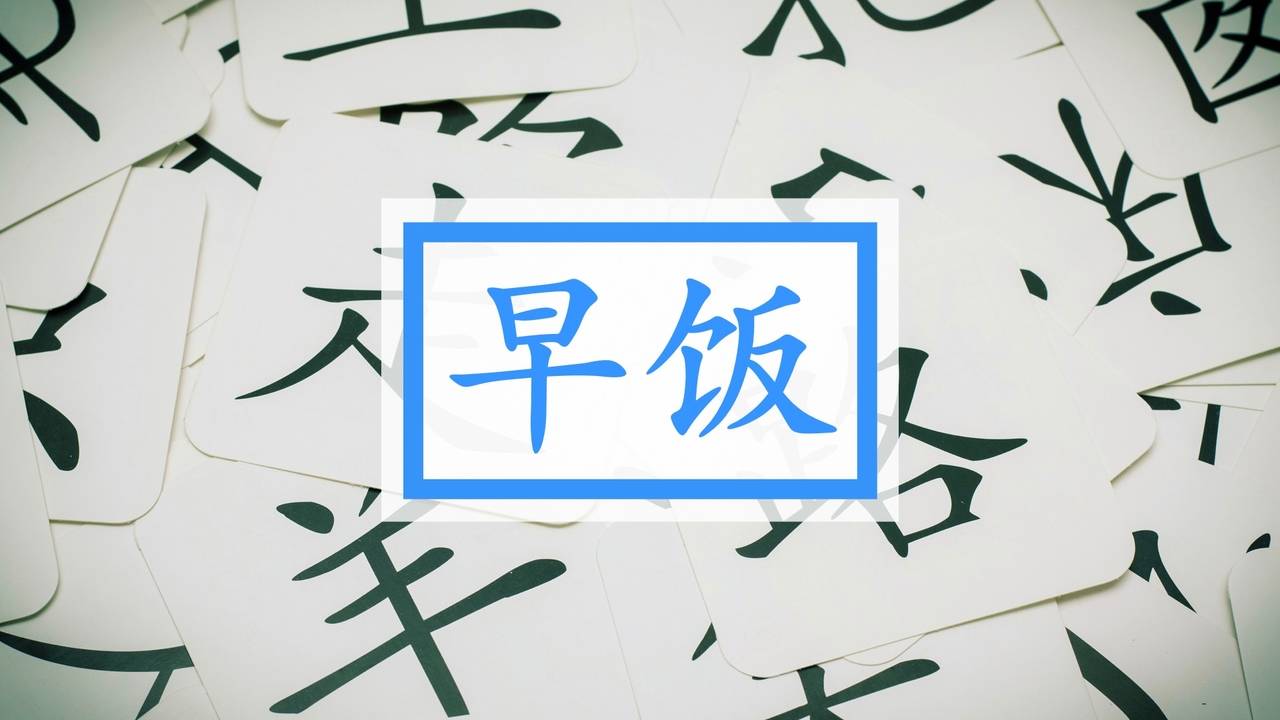
Level 23 - Vocab in Context
43 Lessons
1

某个 in Context
2

某些 in Context
3

其他 in Context
4

讨厌 in Context
5

斤 in Context
6

公斤 in Context
7

听 in Context
8

BONUS: Helper - Expressing That an Action Has Happened Before with 过
9

好听 in Context
10

听力 in Context
11

听见 in Context
12

听话 in Context
13

听说 in Context
14

近 in Context
15

最近 in Context
16

后 in Context
17

以后 in Context
18

然后 in Context
19

后来 in Context
20

最后 in Context
21

BONUS: Helper - Turning Adjectives into Adverbs with 地
22

后天 in Context
23

后面 in Context
24

后边 in Context
25

厚 in Context
26

反正 in Context
27

相反 in Context
28

BONUS: “How Does What" - Adverbs Expressing Tone of Voice
29

米饭 in Context
30

早饭 in Context
31

午饭 in Context
32

吃饭 in Context
33

吃饱 in Context
34

饿 in Context
35

员工 in Context
36

工人 in Context
37

江 in Context
38

左边 in Context
39

左右 in Context
40

右边 in Context
41

差 in Context
42

差不多 in Context
43

差点儿 in Context
Next Character
近 in Context
CONGRATULATIONS!
The Character You Just Learned is Also a Common Word!
Usage 1 - "close (distance)":
Sentence:
我的家和学校距离很近。
English:
My house and school are really close.
Top-Down Words:
家 jiā - home, one’s home
学校 xuéxiào - school
距离 jùlí - distance
*Sentence :
这么近,我要去。
English:
It’s so close, I’m going!
Usage 2 - "soon (time)":
*Sentence:
晚饭近6点吃就好了。
English:
Eating dinner around six is fine.
Top-Down Words:
晚饭 wǎnfàn - dinner
就 jiù - (expressing condition “then”)
Need a Reminder?
The Six Steps to Learning Words





Matt Shubert
For the usage of 近 where it means "soon (time)", is it more accurate to translate it as "plus/minus a small amount of time"?
For example, the sentences "I'll leave soon" vs. "I'll leave around noon", the first would use something like 马上 or 快要 while the second would use 近中午, is that accurate to say?
Mandarin Blueprint
Yeah, sometimes the correct translation is "around" like "around 6 PM," but especially when it gets used in "最近" it has a sense of either "lately" (past-oriented) or "soon" (future-oriented), but on a slightly longer timescale than "马上" or "快要." You'll soon get the hang of it :).
Matt Shubert
Cool, that makes sense, yeah after I reviewed the next lesson's sentences for 最近 it definitely helped solidify those meanings. Cheers guys.